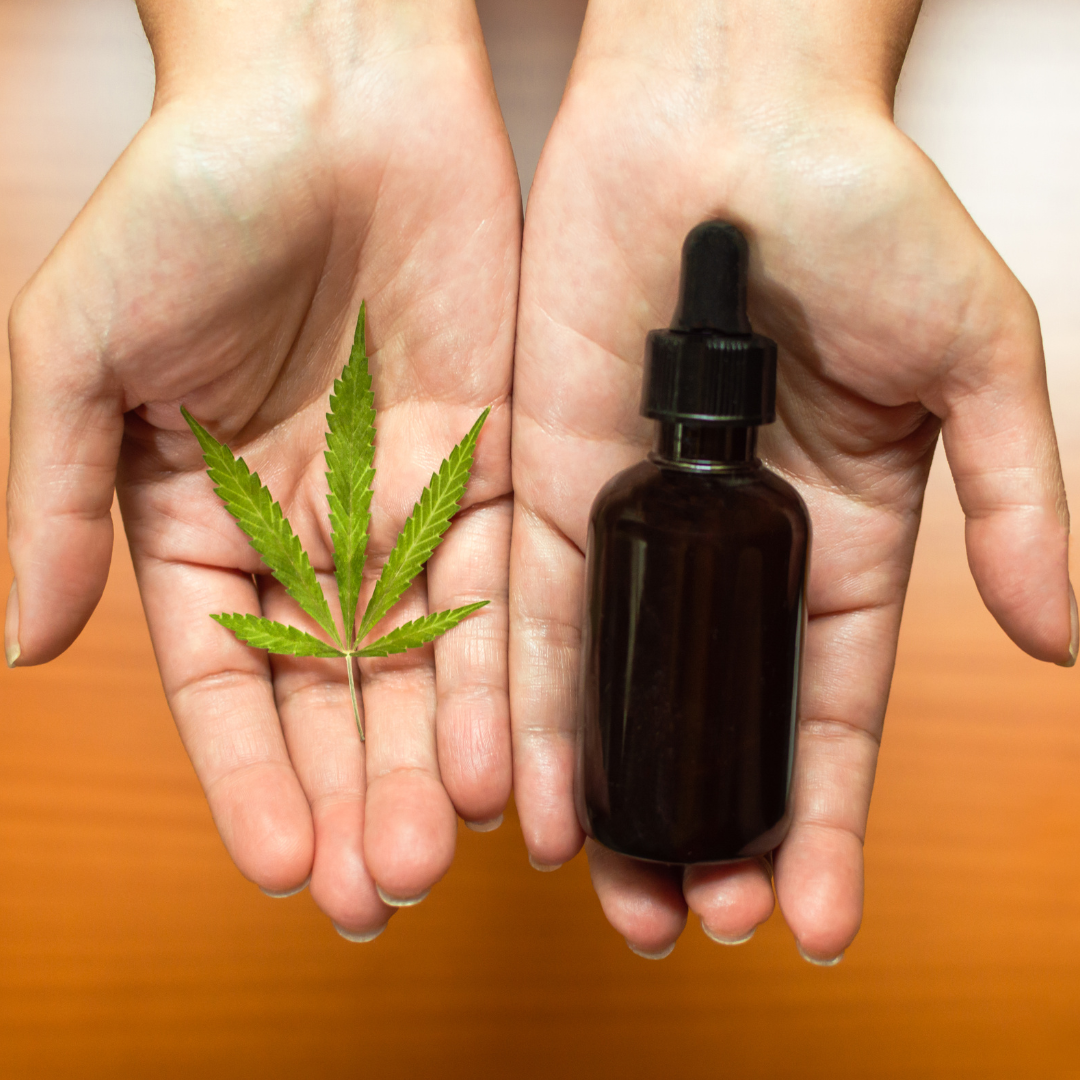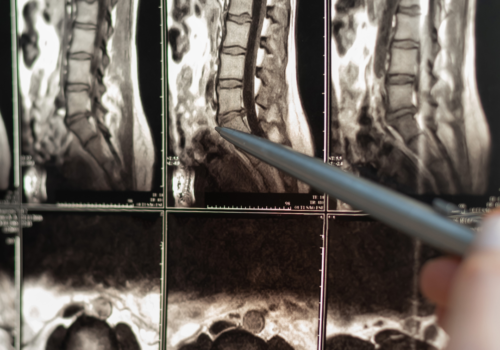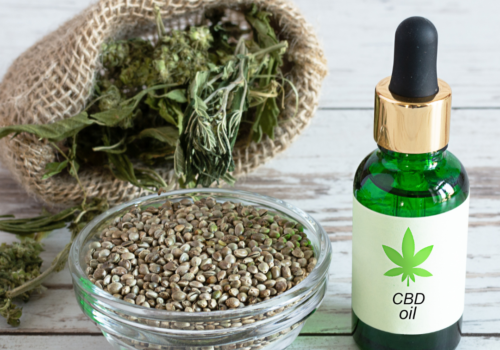CBD Drug Interactions: What to Avoid with CBD
The cannabinoid (cannabis) CBD has been in the spotlight for the last few years as more and more states legalize weed. CBD’s non-intoxicating properties make it an appealing option for people looking for relief from pain and other ailments without getting high. But if you are taking other prescription or over-the-counter drugs, you must talk to your doctor before you start taking CBD. CBD can interact with quite a few medications, in some cases upping their levels in your body and, in others, interfering with their effects.
What kind of drug interactions can happen with CBD?
CBD and marijuana are two common terms that are used to describe cannabis. While marijuana is the botanical name for the plant, what most people mean when they use the term marijuana is the drug. For many individuals, marijuana is associated with a high THC (delta-9-tetrahydrocannabinol) content. THC, a psychoactive component of marijuana, is known to modify consciousness and elevate heart rate. Some individuals who want to benefit from these effects prefer purchasing cannabis products (available from websites like https://cheapweed.io/shop/) that have a higher proportion of THC.
In contrast, CBD does not elicit these specific effects. Cannabidiol (CBD), derived from cannabis (marijuana), is garnering significant attention as people delve deeper into its properties. Often referred to as hemp oil, CBD offers a diverse array of potential health benefits; however, it is crucial to understand that it is not a cure-all solution. With ongoing research, scientists continue to unveil new insights into how CBD interacts with the human body and various ailments. It has become evident that CBD engages with a broad spectrum of substances within our bodies.
What do we know for sure about CBD’s interactions with other drugs?
CBD, short for Cannabidiol, is one of over 100 cannabinoids identified within the cannabis plant. Cannabidiol is non-psychoactive, meaning it does not give you the “high” associated with THC, the psychoactive cannabinoid. However, it may still be safe to consider CBD as a treatment option, particularly if you have a condition that affects your central nervous system.
CBD is one of the many compounds found in the cannabis plant. While CBD is officially classified as a Schedule 1 drug by the DEA, it has been steadily increasing in popularity over the past few years due to its non-psychoactive yet therapeutic effects. Now, CBD is becoming more common as an ingredient in creams, lotions, and edibles, and it is also being utilized in some prescription drugs and over-the-counter medications.
Some people may prefer the effects of CBD’s alternative, THC. In this case as well, it’s essential to consider the potential interactions it may have with other drugs. CBD and THC are likely to react differently, as they have a slightly different chemical combination. While THC compounds (like Delta 9 Edibles) can have significant benefits for many, it’s important to be careful while combining it with other medication. CBD, known for its non-intoxicating nature, can inhibit the liver enzyme CYP450, responsible for metabolizing many medications. It’s therefore best to speak to a medical professional before using CBD or THC to treat any condition.
Can CBD interact with medications I take specifically for arthritis?
CBD, or Cannabidiol, is a non-psychoactive cannabinoid found in the sterilized resin of the cannabis plant. While CBD has beneficial effects on conditions such as epilepsy, multiple sclerosis, and epilepsy, CBD oil is most commonly used for its anti-inflammatory effects. Due to its potential anti-inflammatory effects, though, some are concerned that it could interfere with the efficacy of medications used to treat arthritis.
CBD and THC have the potential to interfere with the liver and liver enzymes, affecting the levels of other drugs in the blood. CBD may potentially interact with over-the-counter pharmaceuticals, herbal supplements, and prescription drugs. While using a verano vape or any other cannabis product is generally considered safe and has minimal side effects, it’s important to ensure that they won’t interfere with any medication you may already be taking.
Cannabidiol has been touted by many as a wonder medicine that can do everything from reducing anxiety and easing chronic pain to managing epilepsy and reducing the risk of certain cancers. According to some, CBD could be the next big natural treatment for a wide range of ailments, from appetite loss, insomnia, and mood disorders to diabetes, schizophrenia, and arthritis.
CBD is a phytocannabinoid, a chemical compound found in cannabis and hemp. It is commonly used to treat epilepsy, anxiety, depression, chronic pain, and arthritis. Additionally, it has shown promise in reducing seizures for people with epilepsy. Some research even suggests potential benefits in cancer treatment. The good news is that you can find a CBD product to cater to any and all kinds of medicinal and recreational needs and budget. Newbies and experienced customers can click here to explore the wide range of CBD products on offer.
Unfortunately, some folks do not realize that CBD interacts with other medications. For example, tamoxifen, a drug used to treat breast cancer, and digoxin, a drug used to treat heart disease and other conditions, can make CBD less effective. Also, CBD can change the way other medications work, so it is important to tell your doctor about all the medications, supplements, and herbal remedies you take.





